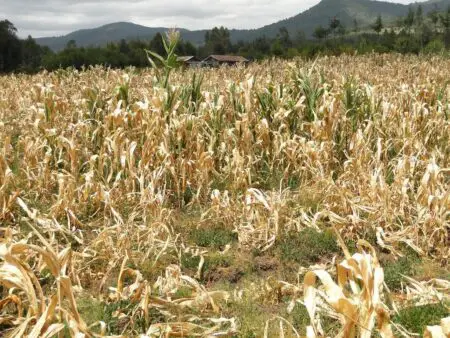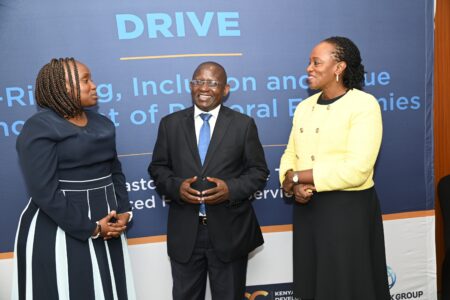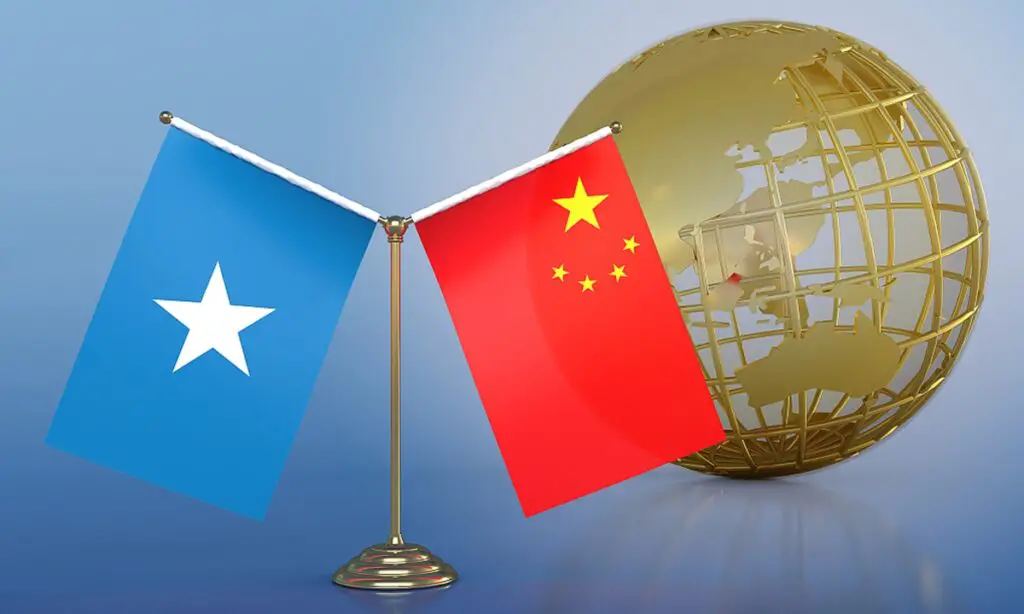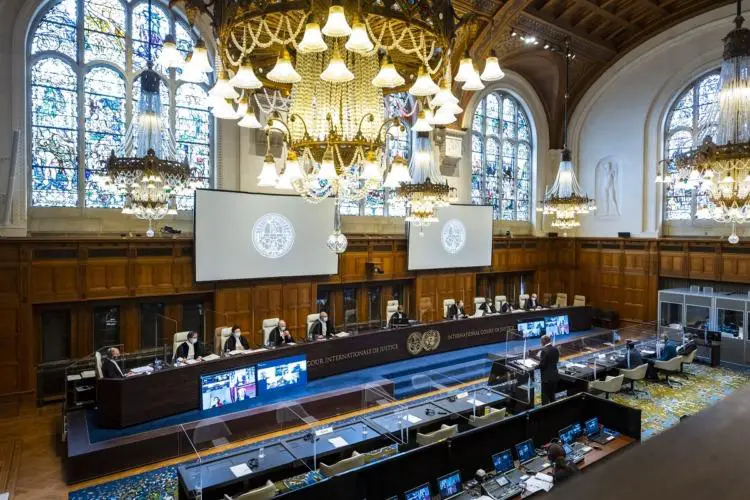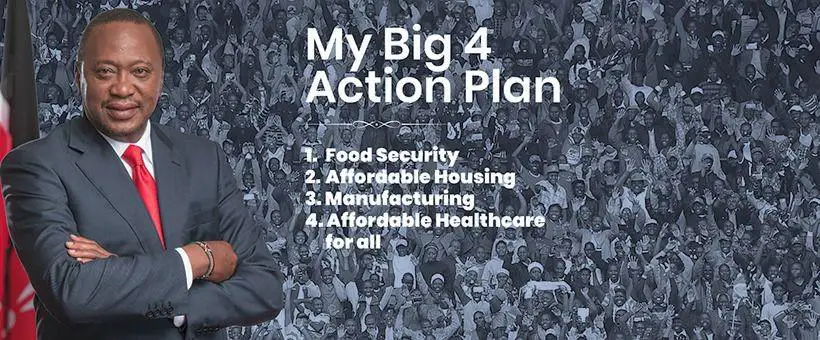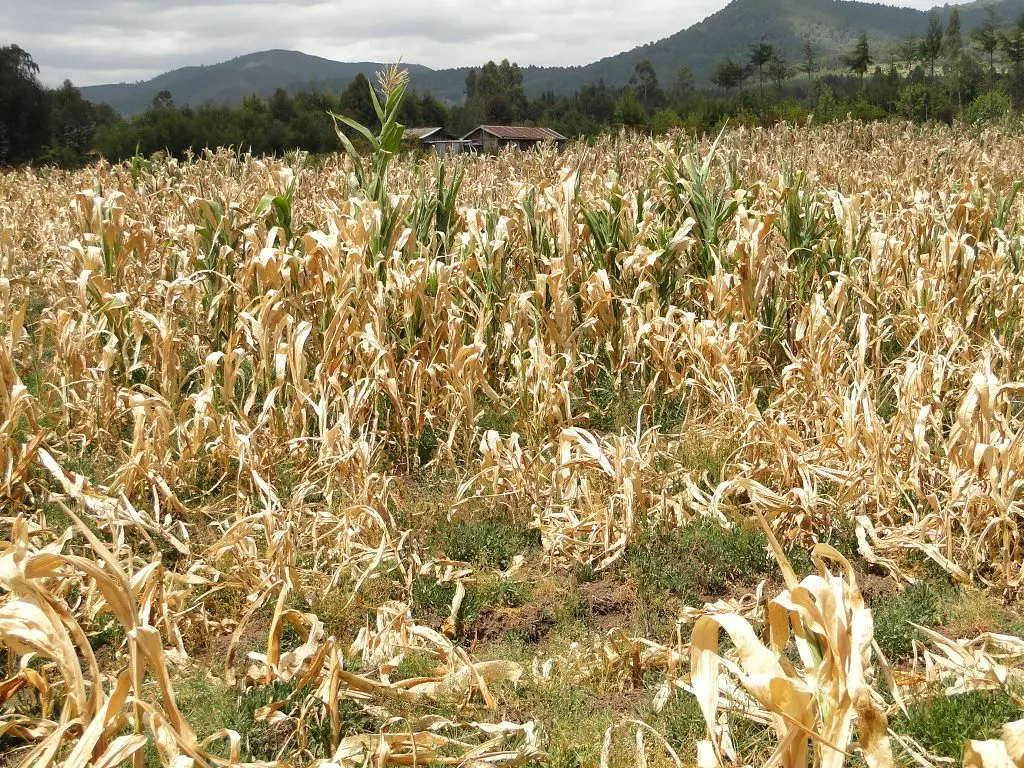- Africa’s new dawn: the rising role of digital and AI in agriculture
- Can Dangote Refinery Transform Africa Energy Ambition
- Gallup Survey: 80 per cent of Kenyan Workers Are Disengaged and Seek New Opportunities
- Madagascar Man Freed from 5KG Tumor After 15-Year Struggle
- How women in Africa are perceived and treated
- Sugar consumption in Kenya to Increase to 1.23 Million Tonnes
- Can Somalia and Turkey Oil deal Bring Change in Somaliland
- Remittances to Kenya dropped to $371.6 million in June, marking a six month low
Browsing: Horn of Africa
- The Horn of Africa has been grappling with the most severe drought in 40 years since late 2020.
- Rain-fed agriculture in parts of Kenya, Ethiopia, and Somalia worst hit as harvests drop to 70 percent of normal standards.
- A United Nations-backed conference raised $2.4 billion on May 24th to address famine in the Horn of Africa.
The worst drought in a-half-century is causing severe economic hit on economies in the Horn of Africa. This is due to the economies’ heavy reliance on agriculture, and other climate-vulnerable resources.
Drought has led to reduced rainfall and water, severely reducing agricultural production. Crops failed, and pasturelands dried up. As a result, millions of heads of livestock died due to a lack of water and fodder. Millions of farmers are experiencing significant crop losses and decreased livestock productivity. Consequently, huge populations are grappling with thinning incomes and food shortages.
Agricultural losses, food insecurity
Rain-fed …
- The Kenyan Government has partnered with ZEP-RE (PTA Reinsurance Company), Kenya Development Corporation (KDC), and the World Bank, to launch the De-Risking, Inclusion, and Value Enhancement of pastoral economies (DRIVE) project.
- Over 250,000 households are expected to benefit from the World Bank-backed project representing 1.6 million pastoralists and their dependents across Kenya, Ethiopia, Somalia, and Djibouti over a five-year period.
- DRIVE project seeks to de-risk pastoral systems through insurance, savings, and financial education while de-risking private sector investments that provide reliable markets to millions of pastoralists including women and youth.
In drought-stricken Kenya, millions of dead livestock tell of lost livelihoods as the worst dry spell in a half-century sweeps across the Horn of Africa. Latest data estimates that over 2.6 heads of livestock—cattle, goats and even camels, erstwhile “ships of the desert”—have died due to lack of water and pasture following failed rains, piling huge pressure on pastoral families …
The Horn of Africa region – Eritirea, Ethiopia, Sudan, Djibouti and Somali – has faced persistent food shortages due to a mix of climatic conditions and conflict in some parts of the region. Over 22 million people face a dire lack of food, a decade after setting the global sustainable development goals (SDGs).
Four consecutive seasons of failed rains in the region and in Northern Kenya has threatened to further exacerbate the food situation in the Horn.
The single known reason why rains are failing in what is supposed to be the world’s most rain rich region is climate change, and that is not a natural disaster, it is man made.
Also Read: The economics of harvesting rain
Weather patterns have changed. Seasons have become unpredictable. The phenomenon explains itself, weather, by definition is the condition of the atmosphere at any given time, but climate is the noted weather patterns …
The diplomatic Somalia-China relations have played a crucial role in the Chinese government’s development of over 80 infrastructure projects in Somalia, including the national stadium, Banadir hospital, and north-south highway.…
Ethiopia is one of the richest countries in Africa and even though it cannot match up to the Democratic Republic of Congo in terms of natural resources wealth, the HoA country has abundant deposits of minerals which include gold, platinum, copper, potash and natural gas, and gas. Despite these resources, mining remains a small contributor to the country’s economy. The country also boasts of a vast land mass of an estimated 1.112 million km², almost twice the size of Texas, in addition to a burgeoning population of 113.5 million inhabitants by 2022 estimates.
In terms of natural resources, 2014 estimates showed that the country’s iron ore deposits were at more than 70 million tonnes with major deposits in Amhara, Oromia and Tigray regions, according to the Geological Survey of Ethiopia. This figure is not conclusive.
Ethiopia also produces about 300,000 tonnes of mined and marine salt annually. In addition, Ethiopia …
Trade between the two countries has also suffered from the March 2020 Somalia ban of the importation of Miraa/khat from Kenya. This followed a decision by Kenya to stop issuing visas on arrival to Somalis.
But there could be a silver lining for traders from both countries since in August 2021, Somalia Prime Minister Mohamed Hussein Rooble assured that cross border trade between Kenya and Somalia would resume soon.
Prior to the announcement, Rooble held a closed-door meeting with Somali traders in Mombasa Wednesday. The meeting called for the strengthening of the diplomatic relationship between the two countries and the continuous collaboration in different sectors of the economy.…
World Bank Vice President for Africa Hafez Ghanem has assured of the Bretton Woods institution’s support for Kenya’s Big 4 development blueprint which drives the government’s development agenda.
Ghanem has singled out the provision of affordable healthcare as an area that his organization is keen on collaborating with the government to ensure its success.
READ ALSO:Boost for Kenya’s Big 4 as World Bank extends US$250 million
“The World Bank is committed to supporting Kenya in advancing the Big 4 Agenda both in technical and financial cooperation,” Mr Ghanem said.
The World Bank VP was speaking when he paid a courtesy call on President Uhuru Kenyatta at State House, Nairobi.
President Kenyatta praised the collaboration between his administration and the World Bank, saying the partnership has seen implementation of projects that have impacted positively on the lives of Kenyans.
READ:World Bank gives Kenya US$750M loan, but why?
President Kenyatta …
Among those who require immediate early action are 10.7 million people across Somalia, Kenya, Ethiopia and the Karamoja region in Uganda.…





